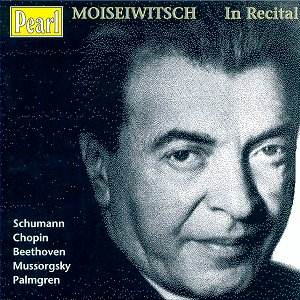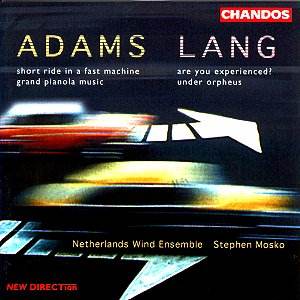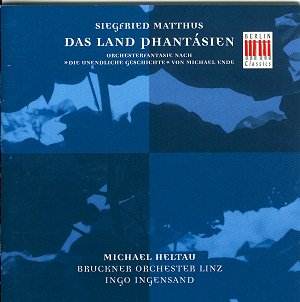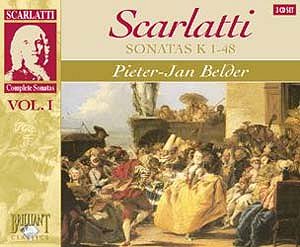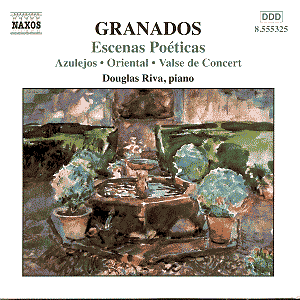 Composer: Enrique Granados
Composer: Enrique Granados
Works: Azulejos (Isaac Albéniz, completed by Granados), Valse de Concert, A la pradera, Escenas poéticas, Fantasía – Cheherezada, Arabesca, Canción árabe, Moresque, Canción morisca, Oriental – Theme with variations, Intermezzo, Finale
Performers: Douglas Riva (piano)
Recording: Potton Hall, Dunwich, Suffolk, June 2000
Label: NAXOS
The fifth volume in Naxos’s exploration of Granados’s piano repertoire continues to shed light on the composer’s nuanced and diverse stylistic landscape. Granados, who lived from 1867 to 1916, was a pivotal figure in Spanish music, intertwining nationalistic themes with late-Romantic sensibilities. This collection features three world premiere recordings, adding intrigue to a discography that, while extensive, has often struggled to encapsulate Granados’s full artistic breadth. The presence of works completed by Granados from a fragmentary Albéniz piece, alongside several later compositions, provides a rich tapestry reflecting Granados’s evolving voice.
Douglas Riva’s performance is vibrant, bringing an energetic flair to the Valse de Concert. His approach, particularly in the opening gestures, suggests a deliberate intention to highlight the work’s dance-like qualities. However, Riva’s rubato occasionally feels overly calculated, stifling the natural flow of the music. This is particularly evident in the Escenas poéticas, where the varied emotional spectrum—from the turbulent and complex to the delicately evocative—requires a more intuitive handling. Riva’s rendition of “El ángel de los claustros” lacks the lightness necessary to fully convey the ethereal quality intended by Granados, resulting in a reading that, while technically proficient, does not embrace the subtlety that the music demands.
The three premieres featured here—works that draw on an “Oriental” aesthetic—further illustrate Granados’s fascination with diverse cultures, yet they often tread a line between light entertainment and pedagogical exercises. While these pieces may not offer the same depth as his more mature works, they hold an undeniable charm. Riva’s interpretations, however, occasionally flatten the distinct character of these pieces; the thematic variations in “Oriental” could benefit from greater contrast and expressiveness.
The recording quality, while generally clear, suffers from a somewhat airless ambiance that detracts from the overall experience. The piano’s timbre lacks the warmth and resonance one might expect from a performance captured in a space designed for such intimate music-making. This sonic quality could misrepresent the intricate dialogue between the performer and the instrument, which is crucial in Granados’s music. The accompanying notes by Riva, while informative, could have been more expansive in addressing the historical context and the interrelations between Granados and other contemporaneous composers, enhancing the listener’s understanding of the works presented.
Given the complexities and rich textures inherent in Granados’s music, this volume provides a qualified contribution to the ongoing evaluation of his piano repertoire. While Riva’s performances exhibit technical skill and enthusiasm, they sometimes miss the mark in capturing the deeper emotional resonance and stylistic nuances of the works. This recording may serve as an introductory exploration for those new to Granados, but it ultimately leaves seasoned listeners desiring a more profound engagement with the musical fabric Granados so masterfully wove.
